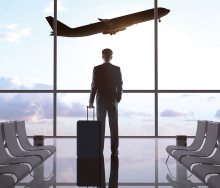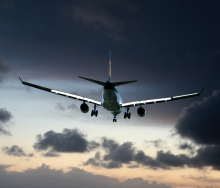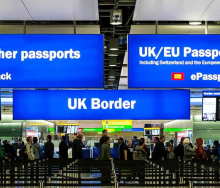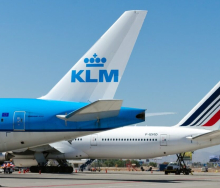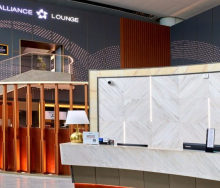With government officially declaring that South Africa has been hit by a second wave of COVID-19 cases – with a cumulative total of 828 598 cases reported as of yesterday (December 9) – tourism leaders are urging consistent compliance with the industry’s Health and Safety Protocols (which were endorsed by the World Travel and Tourism Council).
“These global standard protocols are our biggest weapon in our battle to ensure our survival as an industry and not face further travel restriction that could cripple us,” said ceo of the Tourism Business Council of South Africa, Tshifhiwa Tshivhengwa.
He was speaking during a webinar on Thursday (December 10) which was moderated by Otto de Vries, ceo of Asata, and featuring Tshifhiwa and Professor Alex van den Heever from the University of the Witwatersrand’s School of Governance as panellists.
Alex said he did not support the wording ‘second wave’, noting that the daily increase in cases should rather be referred to a resurgence. “The rise in cases is, simply put, driven by bad behaviour and can be reversed if that bad behaviour is addressed and contained.”
He said the new cases were largely driven by a much younger age group (16 to 19) and were a consequence of socialising at pubs and restaurants and holding large gatherings where social distancing and other health and safety protocols were not adhered to.
“The COVID-19 virus is going to be with us until such time as there is a vaccine that can create large-scale immunity. And unless we want further restrictions, we need ensure there are health and safety regulations at large gatherings to prevent super-spreading,” said Alex.
Zero tolerance
Tshifhiwa agreed, pointing out that the tourism sector had been allowed to reopen because it was collectively able to prove to government that the industry could safely operate under the health and safety protocols.
“But government continues to keep a very close eye on our sector and if government loses confidence in our ability to keep citizens and tourists safe, we will face dire consequences.”
The message to industry is that there has to be zero tolerance for non-compliance within the sector. “We need to ensure compliance and control across the board, and we need to hold those who do not comply, accountable for their actions,” said Tshifhiwa.
He emphasised that it had to apply to the informal sector as well as the formal one. “There is free training available for those who are unsure about how to comply.”
National Coronavirus Command Council
Tshifhiwa said the National Coronavirus Command Council was meeting on Thursday (December 10) to discuss further options to save lives while preserving livelihoods during the festive season.
“From December 16 to January 3 there are more reasons for mixing and mingling and this could potentially lead to disaster if stringent regulations are not adhered to.” He pointed out that the resurgence in cases might lead to further restrictions – including restaurant curfews, limiting live event numbers even further and perhaps at closing beaches.
“We need to keep the longer picture in mind and therefore may need to endure further short-term restrictions to ensure long-term survival.”
Tshifhiwa emphasised that those, and other measures had not yet been decided on, just that they were currently under discussion.
Webinar participants raised the issue of more stringent policing of tourism and hospitality businesses that disregarded regulations. Others even suggested that hefty fines should be implemented.
Otto added that tourism associations could create hotlines where complaints could be laid against businesses that were flouting the regulations.

